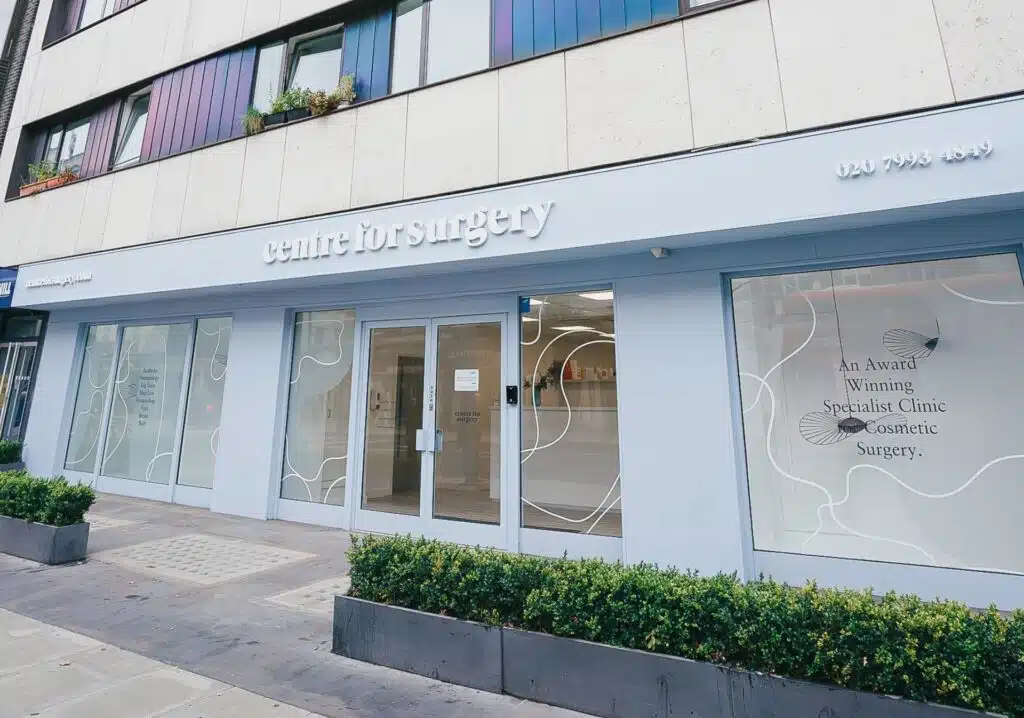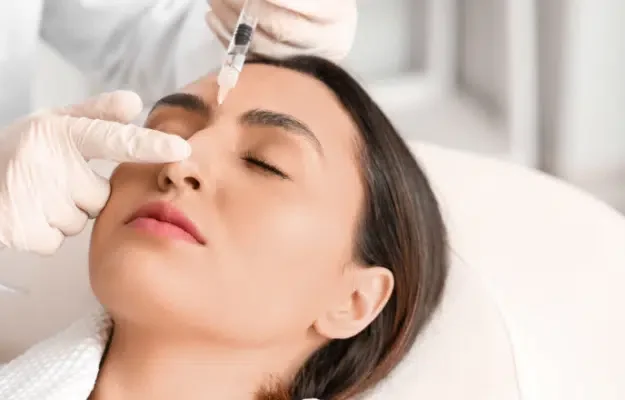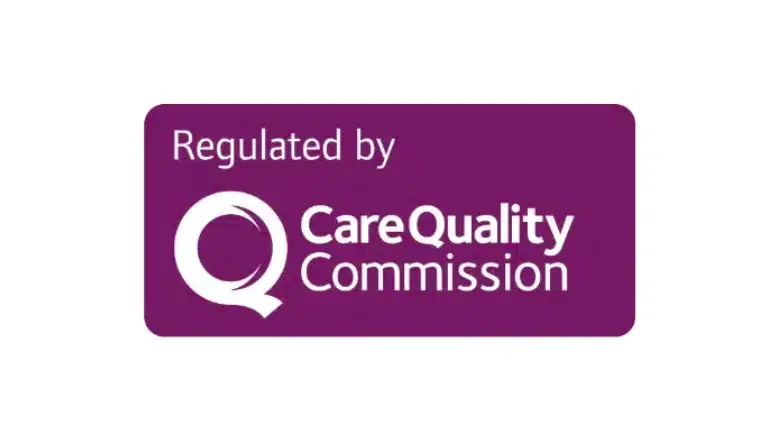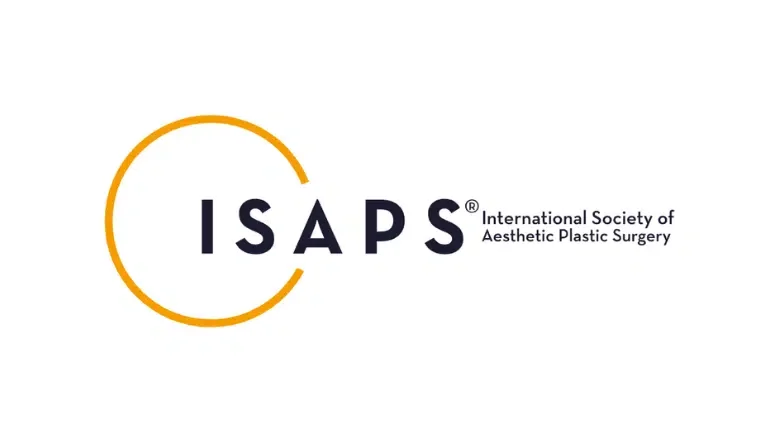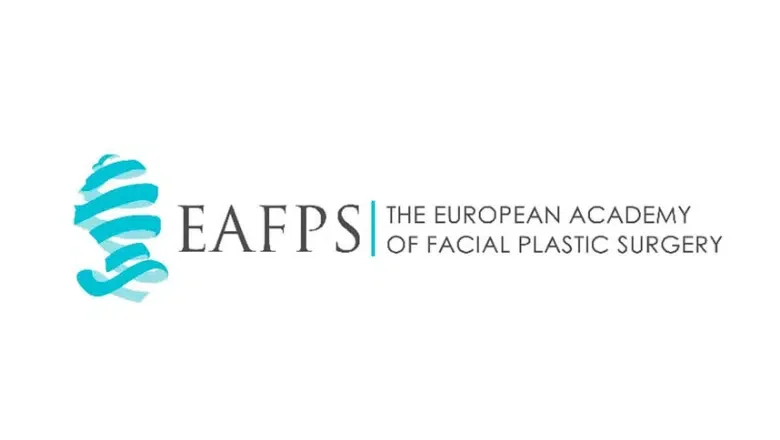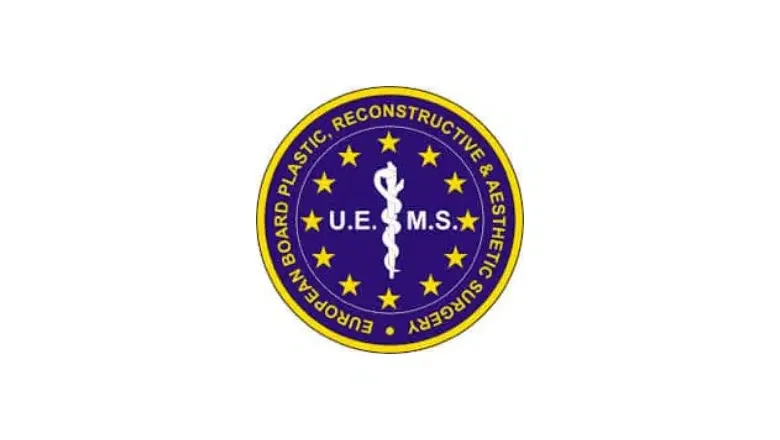Polynucleotide Treatment London & UK
Transforming Skin Health: Discover the Benefits of Polynucleotide Treatments
When it comes to aesthetic enhancement, the quest for vibrant, youthful skin is unending. The introduction of polynucleotide treatments marks a significant milestone in this journey, offering a novel approach to revitalising the skin and addressing a plethora of skin issues, including the appearance of fine lines, loss of skin elasticity, wrinkles, and damage caused by sun exposure. At Centre for Surgery, we take pride in presenting Plenhyage XL, a cutting-edge injectable treatment formulated with polynucleotides that is designed to significantly enhance skin hydration, rejuvenate the skin, and fortify skin elasticity.
This article aims to shed light on the transformative potential of polynucleotide treatments in enhancing skin quality. We will delve into the specifics of what conditions these treatments can effectively address and provide answers to some of the most frequently asked questions regarding polynucleotide therapy. Our goal is to offer you a comprehensive understanding of how these treatments work and the benefits they can deliver.
Polynucleotide treatments operate at the cellular level, promoting the health and vitality of the skin from within. These treatments are renowned for their ability to not only improve the skin’s overall appearance but also to actively repair and regenerate skin cells, leading to long-lasting improvements in skin texture and firmness.
RELATED: Exosomes Treatment
For those interested in exploring how polynucleotide treatment can enhance their skin’s appearance and health, we invite you to schedule a personalised consultation with our specialists. Our team at Centre for Surgery is dedicated to understanding your unique skin concerns and devising a customised treatment plan that aligns with your skincare goals. Through a one-on-one consultation, we can provide you with tailored advice and treatment options that will best suit your needs and help you achieve the radiant, healthy skin you desire.
What is Polynucleotide Treatment?
Polynucleotide treatments, epitomised by the innovative Plenhyage XL, stand at the forefront of dermatological advancement, offering a multifaceted approach to skin health and rejuvenation. These treatments harness the power of polynucleotides, naturally occurring molecules that play a pivotal role in the body’s cellular processes, to stimulate the skin’s innate regenerative capabilities, encourage cell renewal, and significantly enhance skin texture, elasticity, and hydration. As a result, individuals who undergo this treatment can anticipate a holistic improvement in their skin’s condition, manifesting as a smoother complexion, diminished fine lines and wrinkles, reduced scarring, and alleviated inflammation.
The science behind polynucleotide treatments is grounded in regenerative medicine, a branch of medical science focused on repairing, replacing, regenerating, and rejuvenating cells, tissues, and organs to restore or establish normal function. By targeting the skin at a cellular level, these treatments promote the production of collagen and elastin, two proteins essential for maintaining the skin’s structure and elasticity. This not only improves the skin’s overall appearance but also bolsters its natural healing and hydration processes, leading to visibly healthier and more resilient skin.
Polynucleotide therapy’s versatility extends beyond facial rejuvenation. It can be effectively applied to various parts of the body that exhibit signs of ageing or environmental damage. The periorbital region, or area around the eyes, is a common focus, where the treatment can significantly reduce the appearance of crow’s feet and under-eye bags. Additionally, it offers remarkable results when used on the décolletage, neck, hands, stomach, arms, and legs, often neglected in routine skincare practices. By addressing these areas, polynucleotide treatments provide a comprehensive solution to skin concerns, ensuring an even, toned, and youthful skin appearance across the body.
The application of polynucleotide treatments like Plenhyage XL is a testament to the personalised nature of modern skincare. Recognising that each individual’s skin concerns are unique, these treatments are tailored to address specific issues, ensuring that patients receive the most effective and targeted therapy possible. Whether aiming to revitalise sun-damaged skin, smooth out wrinkles, or improve skin firmness and elasticity, polynucleotide treatments offer a promising path to achieving these goals.
Benefits of Polynucleotide Treatment
Polynucleotide treatment stands as a beacon in the field of cosmetic dermatology, offering a plethora of benefits aimed at enhancing skin health and appearance. This advanced therapy utilises the natural regenerative capabilities of the skin to deliver a series of improvements that collectively contribute to a more youthful, radiant complexion. Here we explore the multifaceted benefits of polynucleotide treatment, highlighting how it can transform the skin’s texture, tone, and overall health.
Enhanced Skin Elasticity
A key attribute of youthful skin is its elasticity. Polynucleotide treatment significantly increases skin elasticity by stimulating the production of collagen and elastin, the proteins responsible for the skin’s firmness and flexibility. As a result, the skin becomes more resilient and capable of bouncing back from the stresses of facial expressions and environmental factors, leading to a smoother, firmer appearance.
Reduction in Fine Lines and Wrinkles
One of the most visible signs of aging is the development of fine lines and wrinkles. Polynucleotide treatment effectively addresses these concerns by enhancing the skin’s natural repair processes, thereby diminishing the depth and visibility of wrinkles and lines. This leads to a more refined skin texture and a noticeably younger-looking complexion.
Skin Rejuvenation and Healthy Glow
Beyond improving skin structure, polynucleotide treatment revitalises the skin, giving it a healthy, luminous glow. This rejuvenation effect is achieved through increased hydration and improved blood circulation within the skin, ensuring that the skin looks vibrant and full of life.
More Even Skin Tone
Uneven skin tone, including the visibility of blood vessels and hyperpigmentation, can significantly impact the skin’s appearance. Polynucleotide treatment helps to create a more uniform complexion by soothing inflammation and regulating melanin production, which in turn reduces the appearance of discolouration and visible blood vessels.
UV Radiation Protection
Exposure to UV radiation is a major contributor to skin damage and premature aging. Polynucleotide treatment offers a protective benefit by strengthening the skin’s natural defences against UV damage. This not only helps to prevent further harm but also aids in the repair of existing damage, contributing to healthier, more resilient skin.
Improved Skin Hydration
Hydrated skin is the cornerstone of a radiant, healthy complexion. Polynucleotide treatment boosts the skin’s hydration levels by promoting the synthesis of hyaluronic acid, a molecule that attracts and retains moisture. This ensures that the skin remains supple, plump, and smooth.
Soothing Inflammation
Inflammation can lead to a host of skin issues, including redness, irritation, and exacerbation of existing skin conditions. Polynucleotide treatment possesses anti-inflammatory properties that help to calm the skin, reducing inflammation and promoting a more balanced, comfortable skin condition.
How Does the Treatment Work?
Polynucleotide treatments, such as the innovative injections offered by advanced skincare technologies, represent a significant leap forward in cosmetic dermatology. These treatments work by introducing polynucleotides directly into the skin, which sets off a cascade of beneficial cellular processes. The primary target of these polynucleotides is the fibroblasts, the cells responsible for the production of collagen and other structural components in the skin. The stimulation of fibroblasts through polynucleotide injections triggers a series of transformative effects on the skin, each contributing to its overall rejuvenation and health.
The first significant impact of polynucleotide treatments is the acceleration of cell turnover. This process involves the shedding of older, damaged skin cells to be replaced by newer, healthier ones. The result is a more youthful and vibrant appearance, as the fresh cells create a smoother, more even skin surface. This rejuvenation process helps diminish signs of ageing and environmental damage, revealing a revitalized complexion.
Simultaneously, polynucleotide treatments spur the body’s collagen production. Collagen is a vital protein that provides structure, strength, and elasticity to the skin. By boosting collagen levels, the skin regains its firmness and resilience, reducing the appearance of fine lines, wrinkles, and scars. This enhancement in collagen production underpins the refreshed and rejuvenated glow that patients notice following their treatment.
Another critical aspect of polynucleotide therapy is its ability to promote hyaluronic acid (HA) synthesis within the skin. Hyaluronic acid is a naturally occurring substance that plays a crucial role in maintaining skin hydration. By increasing HA levels, the treatment ensures that the skin remains supple, hydrated, and free from the dryness and textural irregularities that can contribute to an ageing appearance. The enhanced hydration also aids in achieving a smoother, more radiant skin surface.
Moreover, polynucleotide treatments offer therapeutic benefits for inflamed and sun-damaged skin. These treatments help to regulate the function of melanin cells and blood vessels, which in turn reduces inflammation and aids in the healing of UV-induced damage. This regulatory effect is particularly beneficial for addressing hyperpigmentation and other forms of discolouration, leading to a more uniform skin tone and texture.
What Conditions Can Polynucleotide Treatment Target?
Polynucleotide treatment represents a significant advancement in aesthetic medicine, offering a versatile and effective solution for a wide array of skin concerns. Its mechanism of action, which involves stimulating the skin’s natural regenerative processes, makes it uniquely capable of addressing various issues that contribute to skin ageing and damage. Here’s how polynucleotide treatment can help rejuvenate and restore skin health across different conditions:
Revitalising Ageing Skin
One of the main benefits of polynucleotide treatment is its remarkable ability to rejuvenate ageing skin. By promoting the production of collagen and hyaluronic acid, two critical components of the skin’s structure and hydration, this treatment effectively diminishes the appearance of fine lines and wrinkles. Furthermore, it enhances skin texture and reduces mild skin laxity, leading to a firmer, smoother complexion and a radiant, youthful glow. This comprehensive approach to tackling signs of ageing makes polynucleotide therapy a preferred option for those looking to reverse the clock on their skin’s appearance.
Smoothing Textured Skin
For individuals grappling with rough, dry, or scarred skin, and blemishes, polynucleotide treatment offers a solution by increasing skin hydration and stimulating cell turnover. This process facilitates the replacement of damaged skin cells with healthy, new ones, resulting in a noticeable improvement in skin texture. The enhanced hydration and rejuvenation effects work together to smooth out irregularities, providing a softer, more refined skin surface that radiates health.
Correcting Hyperpigmentation
Hyperpigmentation, characterised by uneven skin tone and visible blood vessels, can also be effectively managed with polynucleotide treatment. By reducing inflammation within the skin, polynucleotide injections help to even out skin tone and minimise the appearance of discolouration and redness. This anti-inflammatory action contributes to a more uniform complexion, addressing one of the most common and challenging skin concerns.
Healing Sun-Damaged Skin
Exposure to the sun’s UV rays can lead to significant skin damage over time, manifesting as hyperpigmentation, reduced skin elasticity, and an overall aged appearance. Polynucleotide treatment counteracts these effects by regulating melanin cells and rejuvenating the skin’s surface. This not only helps to reduce the visible signs of sun damage but also promotes the health and vitality of the skin, protecting it against future damage.
Tailoring Your Polynucleotide Treatment Plan: Understanding Duration and Results
Polynucleotide treatments have emerged as a groundbreaking approach in cosmetic dermatology, offering a path to profound skin rejuvenation through natural repair and regeneration processes. When considering this innovative treatment, understanding the recommended course of therapy, the timeline for visible results, and the longevity of these outcomes is crucial for setting realistic expectations and achieving optimal results.
How many Treatments are Needed?
The journey to revitalise skin through polynucleotide treatments is not one-size-fits-all. Your skin’s specific needs, including its current condition and the goals you wish to achieve, play a pivotal role in determining the ideal number of treatments. Typically, a series of 3-4 sessions, spaced 3-4 weeks apart, is recommended to harness the full potential of polynucleotide therapy. This structured approach ensures that the skin receives consistent fibroblast stimulation, promoting the natural regeneration processes necessary for significant improvement in skin texture, elasticity, and hydration.
How Long Does the Treatment Take to Work?
Unlike treatments designed for instant gratification, polynucleotide therapy is rooted in the principle of enduring skin health enhancement. Its primary objective is to instigate the skin’s own reparative mechanisms, including stimulating collagen production and enhancing hyaluronic acid synthesis. Due to this focus on deep, cellular-level changes, the transformative effects of polynucleotide treatments unfold gradually. Patients can expect to witness the most significant improvements in skin quality and appearance after 3-4 months, during which the body ramps up its production of collagen and hyaluronic acid, leading to visibly smoother, more rejuvenated skin.
How Long Do Polynucleotide Results Last?
The benefits of polynucleotide treatment extend well beyond the immediate post-treatment period, offering patients a lasting rejuvenation effect. The enhanced skin quality and youthful appearance achieved through the initial series of treatments can be maintained for up to 4-6 months. To preserve these results and continue enjoying the revitalised skin, patients may opt for maintenance sessions. These follow-up treatments are a key component of a long-term skincare strategy, ensuring that the skin remains in its optimal state of health and vitality.
Comparing Polynucleotides to Traditional Dermal Fillers
In the landscape of cosmetic enhancements, both polynucleotides and dermal fillers stand as prominent options for individuals seeking to rejuvenate their skin. Despite their shared goal of enhancing skin appearance, these treatments operate through fundamentally different mechanisms and cater to diverse skin concerns. Below, we delve into a comparative analysis that outlines the key distinctions between polynucleotides, like Plenhyage XL, and traditional dermal fillers, highlighting their specific applications, effects, anticipated results, recovery timelines, session requirements, duration of effects, and cost considerations.
| Aspect | Dermal Fillers | Polynucleotides |
|---|---|---|
| Primary Use | Targeting volume loss | Repairing and revitalising skin |
| Core Benefits | Volume enhancement | Enhances skin hydration, elasticity, and cell renewal |
| Typical Outcome | Immediate fuller, smoother appearance | Gradual improvement in skin health and appearance |
| Recovery Period | Minimal downtime | Minimal downtime |
| Treatment Regimen | Often a single session | Series of 3-4 sessions, 3-4 weeks apart |
| Effect Duration | Lasts between 6 to 24 months | Visible for 4-6 months, with maintenance recommended |
| Pricing | Starts from £300 | Starts from £400 |
Exploring the Differences
- Primary Use: Dermal fillers are primarily sought for their ability to restore facial volume directly, making them ideal for filling in hollow areas and smoothing wrinkles instantly. Polynucleotides focus on the broader objective of enhancing the skin’s natural repair mechanisms, making them suitable for those looking to improve skin quality from within.
- Core Benefits: The essence of dermal fillers lies in their capacity to add volume, offering a plump, youthful look shortly after treatment. Conversely, polynucleotides embark on a holistic approach by promoting the production of key skin components like hyaluronic acid, collagen, and elastin, and facilitating cell turnover for a healthier skin environment.
- Typical Outcome: Dermal fillers deliver an immediate transformation, presenting a visibly fuller and smoother skin surface. The effects of polynucleotides unfold over time, with patients noticing progressive enhancements in skin hydration, texture, and overall vitality.
- Recovery Period: Both treatments boast a quick recovery, allowing individuals to resume their daily routines with little to no downtime.
- Treatment Regimen: A singular session is often sufficient for dermal fillers to achieve the desired aesthetic. Polynucleotides, however, necessitate a series of treatments to fully stimulate the skin’s regenerative processes and sustain improvements.
- Effect Duration: The aesthetic benefits of dermal fillers can be enjoyed for up to two years, depending on the specific product used. Polynucleotide results, while not as long-lasting, offer a durable improvement in skin condition for up to six months, with ongoing treatments advised for prolonged vitality.
- Pricing: Initial costs reflect the nature and longevity of the treatment results, with dermal fillers priced from £300 and polynucleotides starting at a slightly higher threshold of £400, accounting for the comprehensive and lasting skin health benefits they provide.
Is Polynucleotide Treatment Safe?
Polynucleotide treatments, notably those aimed at anti-ageing, such as Plenhyage XL, stand out in the realm of cosmetic enhancements not only for their effectiveness but also for their safety profile. These treatments have undergone rigorous assessments to achieve CE approval. This certification underscores the treatments’ biocompatibility, meaning they are designed to work harmoniously with the body, minimising the risk of adverse reactions.
However, like any medical or cosmetic procedure, a potential for allergic reactions exists, albeit relatively rare. These reactions are typically mild and manageable, but they underscore the importance of a thorough pre-treatment consultation. During this initial assessment, specialists comprehensively evaluate a patient’s medical history, skin condition, and overall health. This step is crucial for two reasons:
Identifying Potential Risks
By understanding a patient’s health background and any allergies they may have, specialists can predict the likelihood of an allergic reaction to polynucleotide treatment. This proactive approach ensures that only suitable candidates proceed with the treatment, significantly reducing the risk of adverse effects.
Customising the Treatment Plan
The consultation allows practitioners to tailor the treatment to the individual’s specific needs and conditions, optimising outcomes while safeguarding health and safety. This personalized strategy contributes to the treatment’s high success rate and patient satisfaction.



